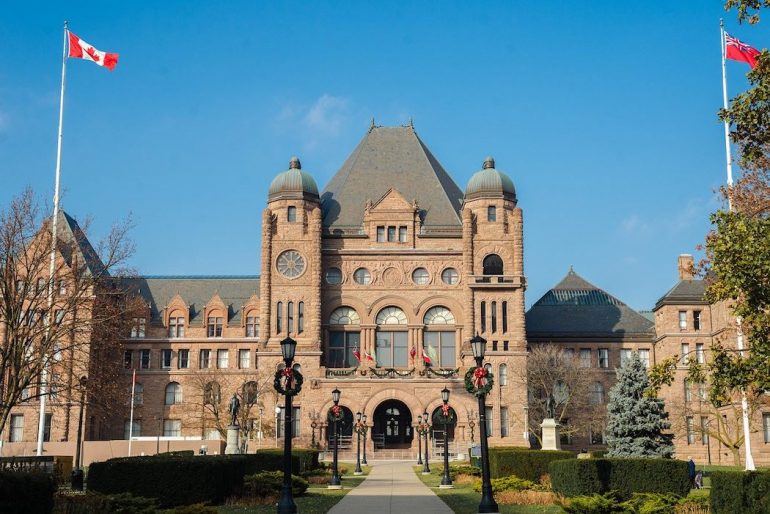The Government of Ontario has delivered a 2025 budget lacking the innovation commitments dozens of CEOs requested in an open letter to Premier Doug Ford earlier this year.
While the province’s previous budgets have rarely been heavy on commitments to subsidize the tech sector, the influence of Canada’s trade dispute with the United States (US) manifested in the form of sizable budget commitments to infrastructure and support programs to affected workers and businesses. Innovation items remained few this year, with little capital to back them up.
“We won’t be able to make a sizable difference with those [commitments].”
Jayiesh Singh
Able Innovations
The most notable commitment is an additional $90 million in venture capital (VC) funding for provincial investment vehicle Venture Ontario. The commitment is broken down into $50 million for Ontario-based VC funds investing in defence tech, and related technologies such as artificial intelligence (AI) and cybersecurity. The other $40 million is for VC funds investing in life sciences companies and biomanufacturers.
The province also committed an additional $73 million to the Ontario Vehicle Innovation Network (OVIN). OVIN supports regional technology development sites, research and development partnerships, and incubator projects for small automotive and mobility companies.
The budget also reannounced its commitment to invest $750 million in STEM programs across the province.
The provincial budget gave no indication that it heeded the 75 Ontario CEOs who signed an open letter from the Council of Canadian Innovators (CCI) in March. The letter called on the provincial government to address the “economic crisis” by prioritizing homegrown innovation. The letter had several recommendations, most of which could be boiled down to reforming procurement and spending more on domestic companies and less on foreign direct investment (FDI).
CCI Ontario director Skaidra Puodžiūnas said in a statement that CCI was “encouraged” by the budget’s Venture Ontario commitment, but “overall, the budget fell short of the transformational leadership this moment demands.”
“[High growth companies] are building high value-add products and services, creating high-paying jobs, new investments and generating long-term wealth owned and controlled here at home,” Puodziunas said. “But to unlock their full potential, we need more than reactionary measures.”
Puodziunas said it was disappointing that the budget contained no updates on the Health Innovation Pathway (HIP) procurement modernization program. The program is meant to reduce barriers across public sector procurement and simplify the way healthcare organizations can access new technologies.
The province announced it had launched phase two of HIP this past October, and CCI’s March open letter asked for it to be implemented within six weeks, a deadline that has since passed. Canadian healthtech leaders have argued that the country’s approach to procurement can drive innovation out of the country.
Able Innovations CEO Jayiesh Singh, who signed onto the open letter, told BetaKit in an interview that the province has been “genuine” about wanting to help innovators, but its budget commitments pale in comparison to its FDI, such as its $2.5 billion pledge to help Honda build four new plants in the province. Singh said he would like to see “more conviction” behind the budgeted numbers.
The investment amounts in the budget “will not have a significant economic development impact … in the face of trade wars,” Singh said. “We won’t be able to make a sizable difference with those.”
While Singh described the budget’s life sciences focus for Venture Ontario, as well as another $15 million to renew the Life Sciences Innovation Fund, as positive, he said it now comes down to how the province deploys the capital, and what types of companies receive the funding.
“I want to make sure that we don’t reach any judgment right now, it’ll be the actions that follow that will tell us,” Singh said.
The provincial government hasn’t heeded the open letter’s call up to this point, going ahead with subsidizing a new research and development center from German multinational technology conglomerate Siemens. Ford’s retaliatory procurement restriction policy against all US-based companies also turned out to have a large loophole allowing the province to continue to do business with US-based companies with more than 250 full-time employees in Canada.
Ontario is budgeting for a deficit of $14.6 billion this year, $10 billion more than it projected last year.
Feature image courtesy Pixabay. Photo by Jermaine Will.


